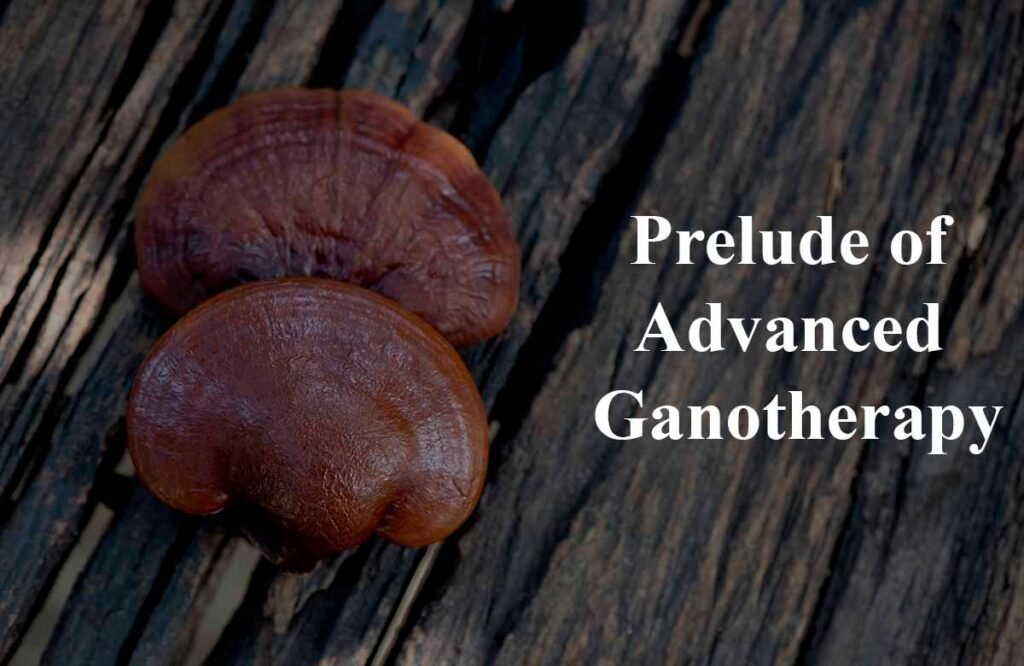Ganotherapy is a chain of four individual observations that support a theory that explains how Ganoderma helps the human body to overcome its own health problems. Training in the field of Ganotherapy is indispensable in order to become a herbalist or a health consultant. Basic herbology is usually taught at a university level. If not taught at an advanced level, Ganotherapy will remain in its infancy. But if it is taught only at an advanced level then it will be too difficult to understand or comprehend.
Ganotherapy is similar to engineering. The basic principle is simple but the advanced applications are not very easy.
The advanced teaching will be divided into a lecture series and a discussion series. The lecture series is a more scrupulous method of teaching and you may have to watch the videos over and over again to assimilate it. The discussion talks are more general in nature and would be simpler to comprehend. I am sure that all aspiring herbalists would find the lecture series very helpful and interesting. Dr. Savera is helping me with setting up an online university to conduct lectures on herbs and other important teachings like the Sunya. There is a formal website being set up and the videos regarding these lectures will be available on it.
Now coming to Hexagenous section theory and Hexagenous reflexology, it is more of a preparation as to what you will learn in the future. A lesson on herbs will be taught using the ancient text “Shang Han Lun”. You may wonder why we are still using texts that were written around two thousand years ago, in this modern day and age. Well, we are using this because this was the first book about herbs that was written in Chinese and since it was the first book, the theories that have been mentioned are straightforward and easy to understand. This book is still widely used in traditional Chinese medicine. It is very reliable because the theories that are mentioned have been tested out on humans and not animals.
It is interesting to learn about fresh herbs and to be able to use our regular day-to-day vegetables as a substitute for wild herbs. Another important factor of this is the ability to incorporate edible herbs and plants into our dining tables.
There are several useful herbs in around our factory in Siddipet, India. Dr. Savera helps in identifying the ayurvedic herbs and I can identify few Chinese and tropical herbs myself. Many of these herbs are edible and can be integrated into our daily diet. Some of these herbs can be used to make herbal tea and some of them can be dried and powered to be made into globules.
By doing this, the traditions that have been passed down to us from thousands of years are immortalized. These traditions are still relevant and can help in treating many health issues and ailments. By following this lecture series, we shall have passed down the torch to you. These teachings will help you to take care of yourself and the ones who are dear to you like family and friends. There is a long journey of herbology that awaits us!
